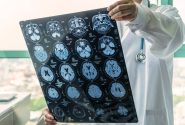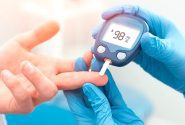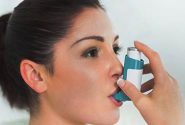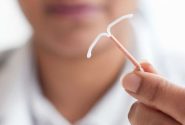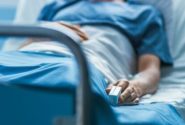(HealthDay News) — (Tasrir) — The study focused on seven patients who had consumed one or more energy drinks just before their cardiac arrest, out of a group of 144 cardiac arrest survivors treated at the Mayo Clinic.
“Although the relative risk is small and the absolute risk of sudden death after consuming an energy drink is even smaller, patients with a known sudden death predisposing genetic heart disease should weigh the risks and benefits of consuming such drinks in the balance,” said lead researcher Dr. Michael Ackerman, a genetic cardiologist at Mayo Clinic.
Energy drinks contain between 80 milligrams (mg) to 300 mg of caffeine per serving, compared with the 100 mg found in an 8-ounce cup of coffee, researchers noted. They also contain other stimulants like taurine and guarana that aren’t regulated by the U.S. Food and Drug Administration.
Doctors think these energy drink ingredients could alter heart rate, blood pressure and heart muscle function in a way that could lead to heart rhythm problems, ultimately causing the heart to suddenly stop.
The new study was published June 6 in the journal Heart Rhythm.
Looking at the seven patients in the study, Ackerman did note that other factors likely contributed to their cardiac arrest. These include sleep deprivation, dehydration, dieting or extreme fasting and use of drugs that interfere with heart rhythm.
“As such, unusual consumption of energy drinks most likely combined with other variables to create a ‘perfect storm’ of risk factors, leading to sudden cardiac arrest in these patients,” Ackerman said in a journal news release.
In an accompanying editorial, Italian cardiologist Dr. Peter Schwartz said it’s “common sense” to consider energy drinks a potential contributor to cardiac arrest.
“Critics might say of these findings, ’it’s just an association by chance.’ We, as well as the Mayo Clinic group, are perfectly aware that there is no clear and definitive evidence that energy drinks indeed cause life-threatening arrhythmias and that more data are necessary, but we would be remiss if we were not sounding the alarm,” said Schwartz, director of the Cardiovascular Genetics Laboratory at the IRCCS Istituto Auxologico Italiano in Milan.

